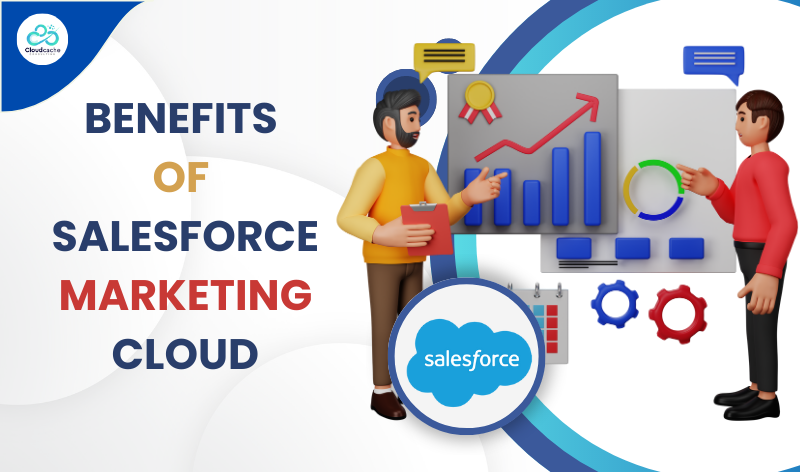
Benefits of Salesforce Marketing Cloud
Salesforce's comprehensive platform for digital marketing, marketing automation, and customer engagement is called Salesforce Marketing Cloud (SFMC). It operates as a Software-as-a-Service (SaaS) solution, offering three editions (Pro, Corporate, and Enterprise) with varying levels of functionality. Please note that certain geographies outside of the U.S. may have a fourth edition available.
Capabilities
Salesforce Marketing Cloud empowers organizations to execute various marketing processes, including multi-channel campaign management, dynamic customer journeys, and comprehensive campaign analytics such as audience building and segmentation, advertising, and data management.
Components of Marketing Cloud
To achieve these capabilities, Marketing Cloud utilizes two primary components: Studios and Builders.
Studios: Managing Communication Channels
Studios within Marketing Cloud facilitate effective management and engagement with different communication channels. The key Studios include:
- Email Studio: Enables robust email marketing campaigns.
- Interaction Studio (formerly known as Marketing Cloud Intelligence): Provides advanced capabilities for data-driven marketing.
- Mobile Studio: Allows seamless engagement through mobile messaging channels.
Builders: Managing Customer Data and Journeys
Builders within Marketing Cloud enable organizations to efficiently handle customer data, content creation, and customer journeys. The key Builders include:
- Contact Builder: Helps manage customer data and build comprehensive customer profiles.
- Content Builder: Facilitates the creation and management of engaging marketing content.
- Analytics Builder: Offers robust analytics capabilities for campaign evaluation and optimization.
- Journey Builder: Enables the creation of automated, personalized, and multi-channel customer journeys.
Additional Products within Marketing Cloud
Apart from the Studios and Builders, Salesforce Marketing Cloud incorporates other products that enhance its overall functionality. Some of these products have been recently rebranded and include:
Einstein for Marketing Cloud: Salesforce's AI solution specifically designed for Marketing Cloud. It offers features such as contact engagement analysis, engagement scoring, and optimization of communication timing and content. Although the native generative AI, Einstein GPT, is not yet available within Marketing Cloud, it is expected to be integrated soon.
Benefits
Salesforce Marketing Cloud provides an extensive range of benefits across the marketing domain. Some of the key benefits include:
Real-time Customer Engagement: Enables organizations to engage with customers in real-time, delivering timely and relevant content.
Email and Marketing Automation: Offers robust email marketing capabilities and the automation of marketing processes.
Mobile (SMS) Messaging and Push Notifications: Facilitates engagement through mobile messaging channels, including SMS and push notifications.
Customer Marketing Analytics: Provides comprehensive analytics capabilities to measure the effectiveness of marketing campaigns and derive actionable insights.
Customer Journeys in Salesforce Marketing Cloud
Salesforce Marketing Cloud allows the creation of customer journeys to deliver personalized experiences across multiple channels. By utilizing Journey Builder, organizations can automate multi-channel journeys using various capabilities mentioned above, providing personalized experiences for both internal users and customers.
Data-Driven Messaging
Marketing Cloud enables the delivery of messages to contacts based on their specific data and triggers new messages based on real-time data changes and message interactions. Journeys can have multiple branches, determined by the following factors:
Contact Data: Changes in contact data, including demographic, geographic, or psychographic information, can automatically transition contacts from one journey to another. For example, a contact transitioning from a prospect to a customer can be moved from a prospect journey to a customer journey.
Multi-Channel Messaging
With SFMC Journey Builder, organizations can construct journeys that incorporate email, SMS messaging, and even direct mail (through AppExchange partners). Multi-channel messaging enables diverse marketing campaign scenarios, such as:
Service and Support Case Communication: Utilize emails for service and support content, while SMS can be used to provide timely information such as service personnel updates or changes in case status.
Post-Purchase Communication: Combine emails and SMS to share post-purchase information, such as shipment updates, product registration emails, and customer surveys.
Financial Communications: Leverage emails and SMS to communicate financial information related to loans or credit cards. For example, send payment reminders via email and trigger SMS messages on the payment due date.
Personalization with Dynamic Components
Salesforce Marketing Cloud incorporates dynamic components that enhance personalization for email recipients, leading to increased engagement. These components include:
Dynamic Content: Enables the creation of personalized email content and subject lines based on individual contact data or journey data. This ensures recipients receive tailored experiences without the need for multiple versions of the same email.
Dynamic Sending Profiles: Allows the customization of email sending addresses based on specific criteria. For instance, the sender's name can vary based on the salesperson who has a relationship with the recipient.
Data Management
Data plays a crucial role in Salesforce Marketing Cloud. The platform accepts and utilizes data from various sources within an organization. SFMC employs a relational database for data management, offering the flexibility to design a specific data model based on organizational needs and usage requirements. However, it's essential to exercise caution and consider the data that should be included in Marketing Cloud, focusing on segmentation, personalization, and triggers for communication.
Furthermore, Marketing Cloud serves as a valuable source of data, capturing insights related to communications, orchestrations, and customer engagements. This data can be integrated with other systems or exported for various purposes, aiding in the development of a comprehensive 360-degree view of customers.
Is Salesforce Marketing Cloud the Right Choice for Your Organization?
Salesforce Marketing Cloud is a versatile platform that caters to a wide range of industries and company sizes. While it is often considered an enterprise-level solution, its various editions offer flexibility that suits many organizations. Additionally, the option to select add-on features allows you to customize the Marketing Cloud version according to your evolving needs and the preferences of your customers.
Initially designed for B2C companies, Marketing Cloud is also increasingly being adopted by B2B organizations. As B2B clients now expect customer experiences and journeys similar to those of B2C customers, the use of Marketing Cloud for B2B communications is on the rise.
When evaluating Marketing Cloud or any software/platform, it's important to consider factors beyond the financial investment. This includes assessing the impact on integrations, data management, reporting and analytics, and your overall company structure. If you already have other Salesforce products or plan to incorporate them in your technology stack, these factors may work in favour of Marketing Cloud.
Final words
If you are considering implementing Salesforce Marketing Cloud for your organization, it is crucial to partner with a company having experience and rich Salesforce professional resources. CloudCache Consulting is a trusted consultancy with a proven track record in delivering successful Marketing Cloud implementations.
Our team of certified experts understands the intricacies of the platform and can guide you through the process, ensuring seamless integration and maximum ROI. Whether you need assistance with integrations, data management, or training, we have you covered.
Contact CloudCache Consulting today to unlock the full potential of Salesforce Marketing Cloud. You can also find our talented professionals on Upwork, providing flexible and specialized support for your Marketing Cloud needs.
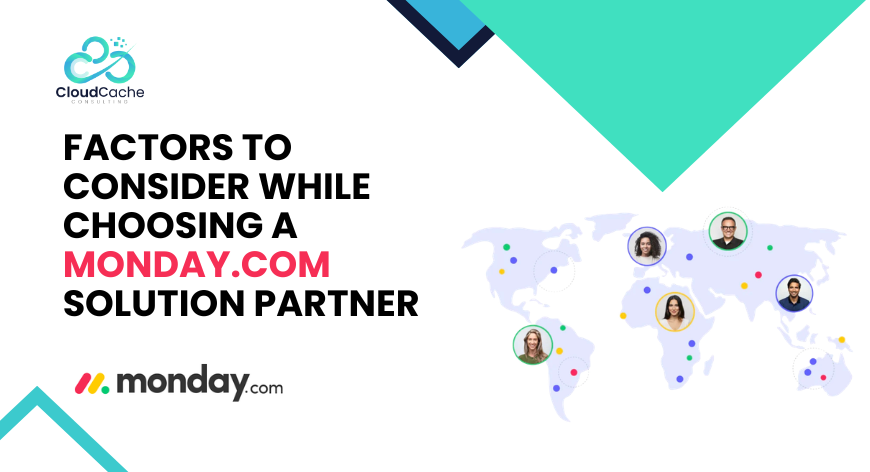
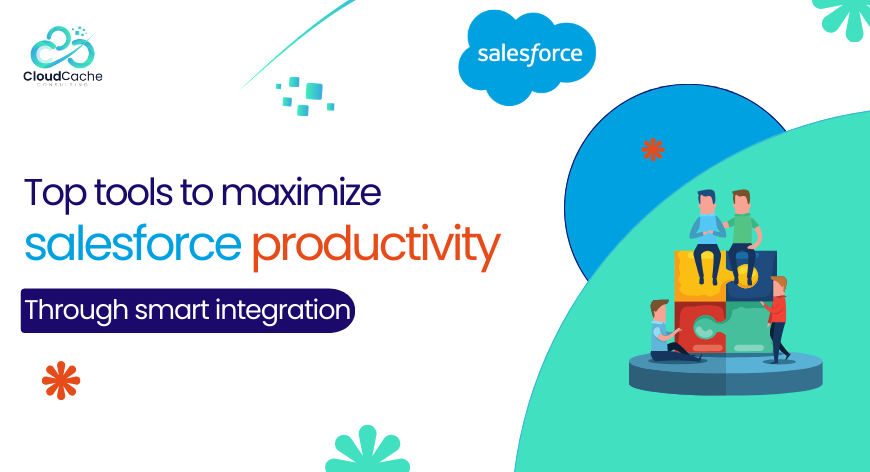
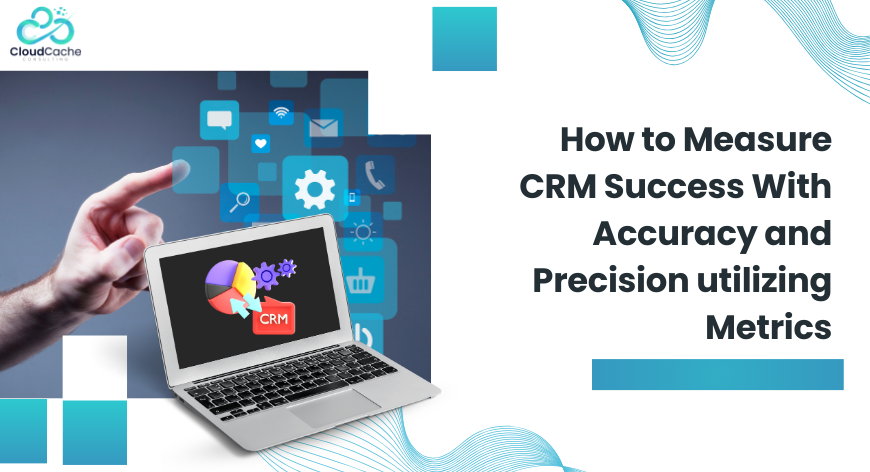
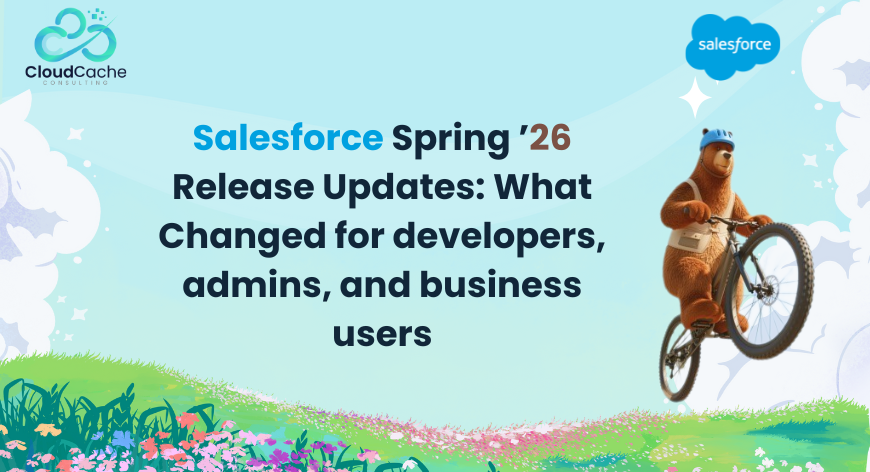


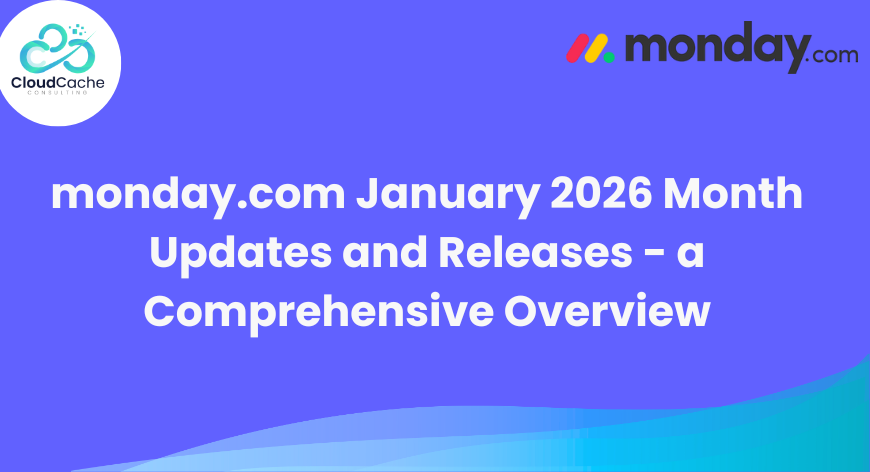

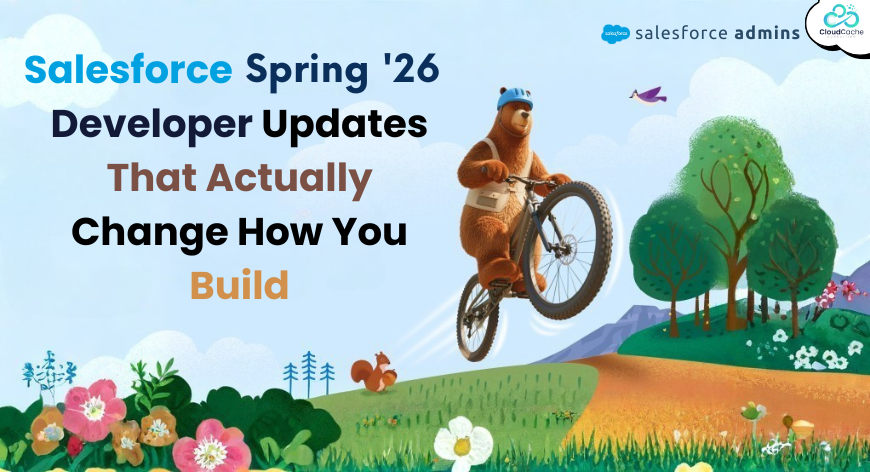
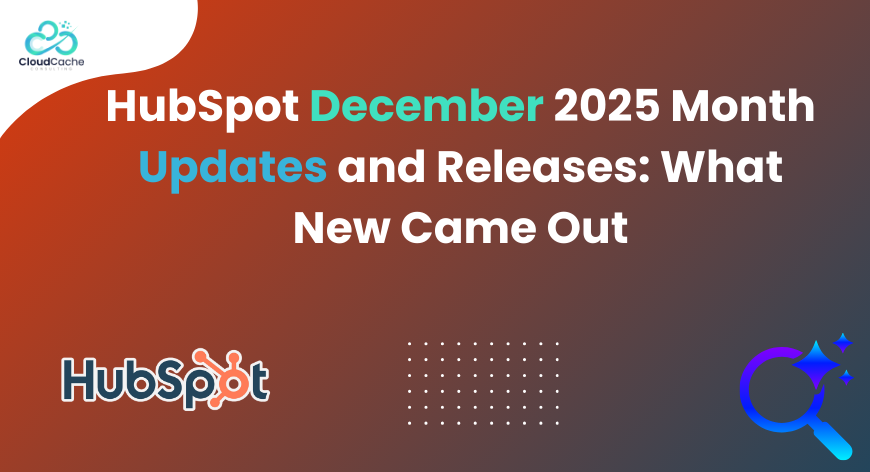

Leave a Reply
Your email address will not be published.